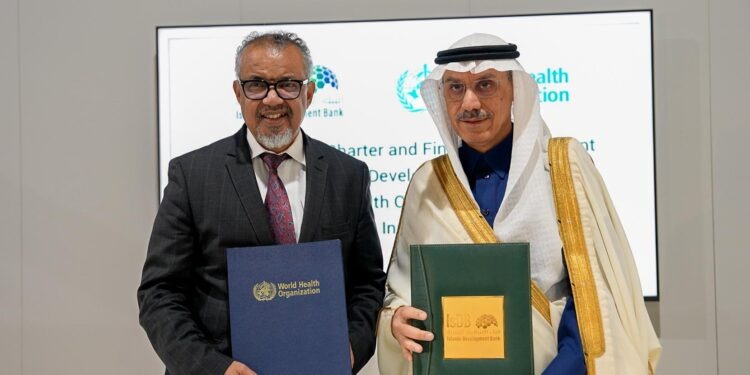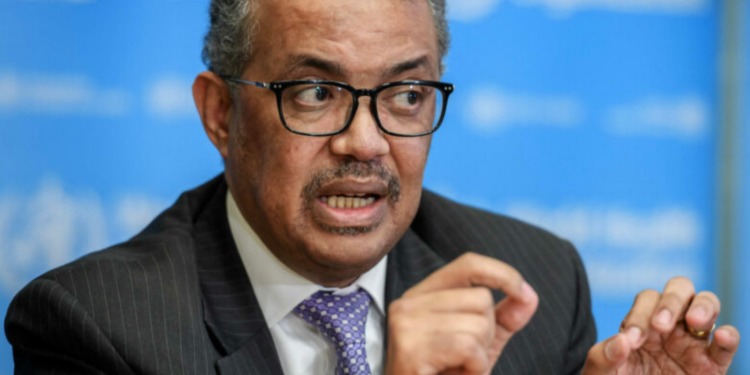The Islamic Development Bank (IsDB) has committed a $10 million grant to the World Health Organization (WHO) to support the Health Impact Investment Platform (HIIP), bolstering its mission to strengthen primary healthcare systems worldwide. Announced on November 12, 2024, during the UN Climate Change Conference (COP29) in Baku, the grant highlights IsDB’s dedication to enhancing …

